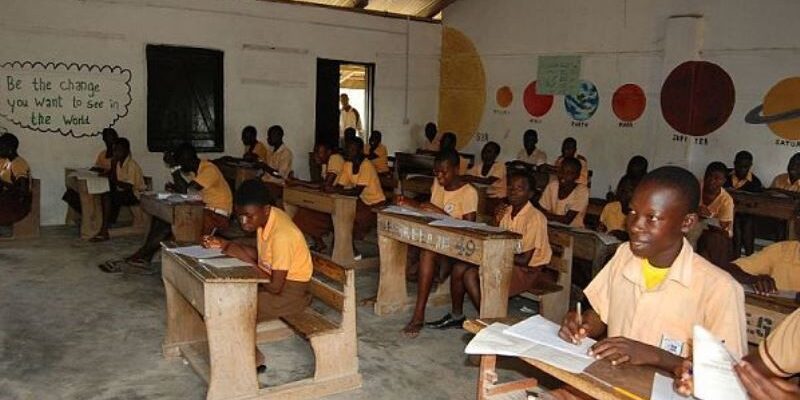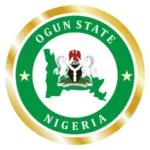Local Languages Now Mandatory Medium of Instruction in Ghana’s Basic Schools

The Government of Ghana has announced a new education policy directing that local Ghanaian languages will now serve as the primary medium of instruction in all basic schools across the country.
The decision, according to the Minister of Education, Haruna Iddrisu, aims to strengthen cultural identity, enhance comprehension among pupils, and improve academic performance in the early stages of learning.
Under the new directive, teachers are to conduct lessons in the dominant local language of their respective regions, while English will be taught as a subject rather than used as the main language of communication.
The Education Ministry explained that the policy aligns with existing frameworks on language-in-education and reflects findings that children learn faster and better when taught in their mother tongue.
“This policy is a decisive step toward promoting our cultural values and ensuring that no child is left behind because of a language barrier. Our focus is to build a generation of Ghanaians proud of their identity and confident in their ability to learn in their own language,” Minister Iddrisu said while unveiling the directive in Accra.
He added that the government is developing teaching materials in various local languages and providing training for teachers to support smooth implementation.
The initiative has been welcomed by advocacy groups such as School for Life, which described it as “a progressive and long-overdue reform” that could transform literacy and early education in Ghana.
However, some education experts have cautioned that the policy could face implementation hurdles due to Ghana’s linguistic diversity, with more than 70 local languages spoken nationwide.
Concerns have also been raised about the availability of adequately trained teachers and standardized textbooks in each language.
Despite the challenges, the government insists the policy will be implemented in phases, beginning with lower primary classes before extending nationwide over the coming academic years.
The move places Ghana among a few African countries taking bold steps to prioritize indigenous languages in formal education a trend education analysts say could reshape literacy and national identity across the continent.









